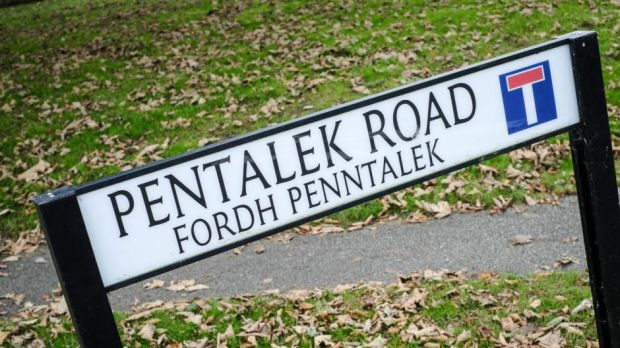
WRITTEN BY Lane Green
“All things must pass,” wrote Ian Roberts, a Cambridge University linguist, in a book published last year. “This is as true of you and me as it is of everything we know. It’s also true of languages: Avestan, Etruscan, Tocharian, Gothic, Cornish, Klamath, Yurok, Akkadian, Sumerian, Dyirbal. Gone.”
There are 7,000 languages spoken in the world, and half are seen as at high risk of dying out in the coming century. History records just one that has been brought back to robust life: Hebrew, revived by eager Zionists more than a century ago on the basis that a state required a unifying language as well as a territory.
Now, however, another is on the road to revival. And remarkably, it’s one of the ones Roberts included in his esoteric list of long-dead tongues: Cornish, the language of the southwestern tip of England.
Most language experts are unaware of the extent of this renaissance. Cornish is one of nine languages that Ethnologue, the standard reference guide to all the world’s languages, lists as “reawakening”. These languages have “no known L1 speakers, but emerging L2 speakers”, which means no native speakers, but a few adults who have acquired the rudiments of the language later in life. Yet, as I learned on a recent visit to Cornwall, and previously unbeknownst to the data-gatherers at Ethnologue, Cornish in fact now has several adult native speakers—L1s—as well as perhaps several hundred fluent second-language speakers.
Read more: Quartz